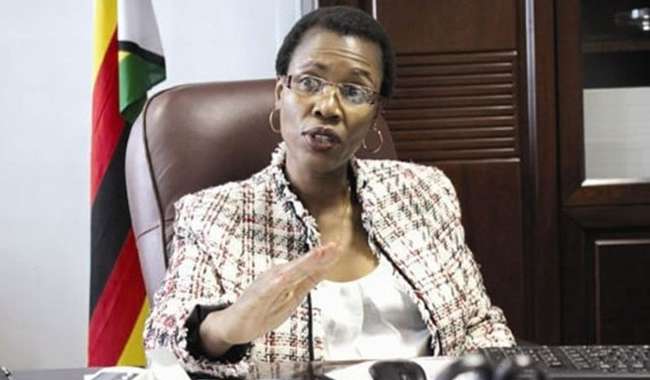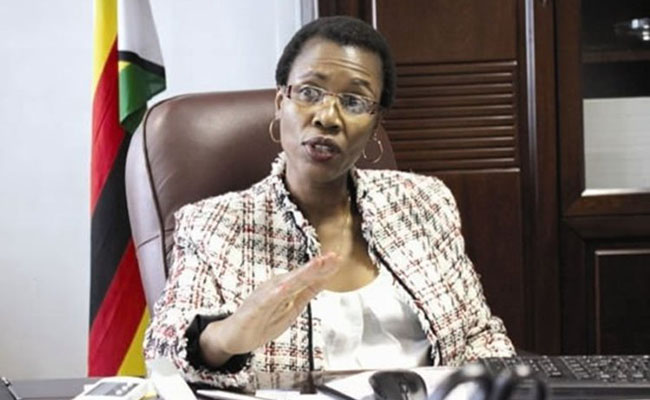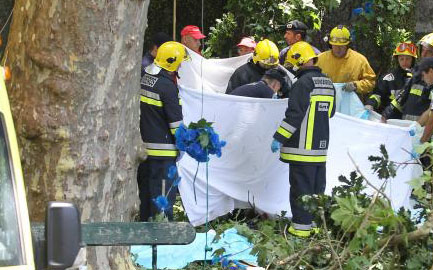ZESA audit report complete

Business Reporter
THE independent consultant engaged to audit the cost structure of Zesa Holdings has completed its work with the findings of the study, still being kept confidential, set to be presented to Cabinet for a review, the national energy regulator has said.
According to the Zimbabwe Energy Regulatory Authority, the Zesa audit report will go through evaluation by the Energy and Power Development Ministry for a second time before being finally presented to the Cabinet soon.
The audit, which was meant to identify areas where the power utility can is lacking and could improve efficiency as well as ensure security of domestic power supply, was carried out by international accounting consultancy firm, Deloitte.
The owned State power utility had requested a 49 percent power tariff hike, but was turned down by the regulator over concerns about implications to the economy and failure to explore low cost options.
Zesa, however, argued this was key to mobilising resources to support operations. If Zesa had got its way, the increase would have taken the average tariff to 14,69 cents per kilowatt hour from the current rate of 9,86 cents per kWh, which the manufacturing industry has already opposed saying it would inflate already high operating costs.
And rather than allow Zesa to increase tariffs, while the long-standing $1 billion owed by consumers remains uncollected, the regulator decided to commission an audit of the utility’s cost structure, to determine if its demands to hike prices were justifiable.
Improving efficiency, ZERA contends, could help spare resources that could be used to support key areas of the utility’s capital intensive operations.
Zimbabwe Energy Regulatory Authority chief executive Gloria Magombo confirmed completion of the audit, but would not discuss its findings before it has been presented to and reviewed by “higher offices”.
This comes as Zesa Holdings is preparing to make a fresh submission to be allowed to increase its power tariff citing the potential serious impact on operations such, arguing that not increasing the tariff would affect maintenance and the power supply situation.
Energy and Power Development Minister Dr Samuel Undenge has since conceded that increasing the power price of power was inevitable given the need to enable Zesa to mobilise funding to support its high operating costs and import electricity from the region.
Zimbabwe is currently facing shortage of power with peak demand at about 1 400 megawatts against domestic supply of 1 000MW. The deficit is met through imports from regional power utilities of Mozambique, Cahora Bassa and South Africa, Eskom.
“The audit report is being finalised right now, the consultant has already made a presentation to the Ministry of Energy and Power Development and ZERA, once it has been presented to Cabinet the findings of the study would be made public,” Engineer Magombo said.











Comments